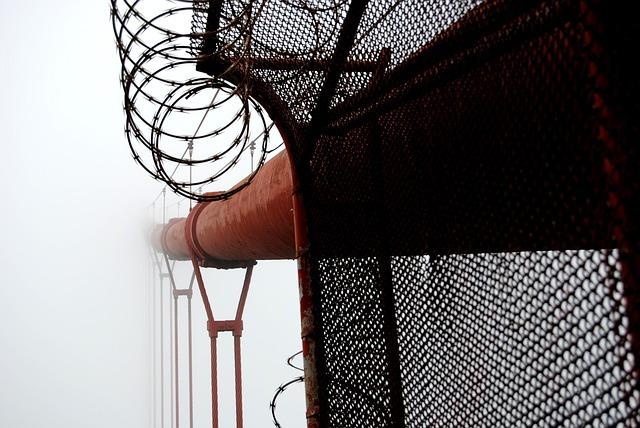San Francisco has secured $40 million in funding to add 24 new buses to its Municipal Transportation Agency (Muni) fleet, city officials announced Tuesday. The investment aims to improve public transit reliability and service capacity across the city’s extensive bus network, addressing growing demand and ongoing challenges with aging vehicles. This funding marks a significant step forward in San Francisco’s efforts to modernize its transportation infrastructure and enhance mobility for residents and commuters alike.
San Francisco Bolsters Public Transit with Major Investment in Muni Fleet
San Francisco’s public transportation network is set to receive a significant boost with the recent allocation of $40 million dedicated to expanding the Muni fleet. This investment will fund the purchase of 24 new buses, aiming to improve service reliability, bolster capacity, and enhance the overall rider experience. The new vehicles are expected to feature upgraded accessibility options, modern technology for real-time tracking, and eco-friendly designs that align with the city’s sustainability goals.
City officials emphasize that this fleet expansion will directly address long-standing issues such as overcrowding and delays on key routes. The deployment plan includes:
- Replacing aging buses with state-of-the-art models
- Increasing frequency during peak commute hours
- Improving connections across diverse neighborhoods
| Bus Model | Features | Projected Deployment |
|---|---|---|
| Nova LFS LFSe | Electric, Low-floor, Wi-Fi | Q4 2024 |
| New Flyer Xcelsior | Hybrid, ADA-compliant, Real-time GPS | Q1 2025 |
Enhanced Bus Capacity Aims to Improve Commute Experience and Reduce Congestion
The recent investment unlocks the addition of 24 state-of-the-art Muni buses to San Francisco’s public transportation fleet, signaling a significant stride toward alleviating daily commuting challenges. These buses will boast increased seating and standing room, enhanced accessibility features, and improved eco-friendly technology aimed at reducing the city’s carbon footprint. Transit officials anticipate that the bolstered fleet capacity will not only ease overcrowding during peak hours but also provide more reliable and comfortable service for riders across multiple key routes.
Key benefits include:
- Expanded vehicle capacity to accommodate more passengers per trip
- Modern hybrid engines contributing to cleaner air quality
- Upgraded technology for real-time tracking and smoother boarding
- Improved design tailored to meet ADA accessibility standards
| Feature | Benefit |
|---|---|
| Increased Seating | Reduces overcrowding during peak travel times |
| Hybrid Powertrains | Lower emissions, supporting city sustainability goals |
| Real-Time GPS | Improves commuter confidence with accurate arrival info |
| Accessibility Enhancements | Ensures equitable transit for riders with disabilities |
Recommendations for Efficient Deployment and Maintenance of New Muni Buses
To maximize the impact of the $40 million investment in 24 new Muni buses, transit authorities should prioritize a strategic rollout that includes comprehensive driver training and real-time system integration. Tailoring driver programs to the specific features of these newer models will enhance operational safety and efficiency, while connectivity with existing Muni fleet management software can streamline scheduling and reduce downtime. Emphasizing collaboration between technical teams and field operators is essential to quickly address potential mechanical issues and minimize service disruptions during peak travel hours.
Key focus areas for ongoing maintenance and deployment include:
- Proactive diagnostics using IoT-enabled sensors to detect wear and tear early
- Scheduled preventive maintenance aligned with mileage and usage patterns
- Deployment of mobile maintenance units for on-route repairs
- Implementation of an adaptive feedback loop from drivers and passengers to improve service quality
| Aspect | Recommended Strategy |
|---|---|
| Driver Training | Hands-on sessions focusing on hybrid technology performance |
| Maintenance Scheduling | Mileage-based routines with software alerts |
| Fleet Integration | Real-time data synchronization with Muni central command |
| Passenger Feedback | Mobile app surveys post-ride for immediate issue reporting |
Key Takeaways
With the San Francisco Municipal Transportation Agency securing $40 million to acquire 24 new Muni buses, the city takes a significant step toward modernizing its public transit fleet. These additions are expected to enhance service reliability and meet growing ridership demands, reflecting San Francisco’s ongoing commitment to improving urban mobility and reducing environmental impact. As the new buses enter service, residents and commuters alike can look forward to a more efficient and sustainable transportation system.









